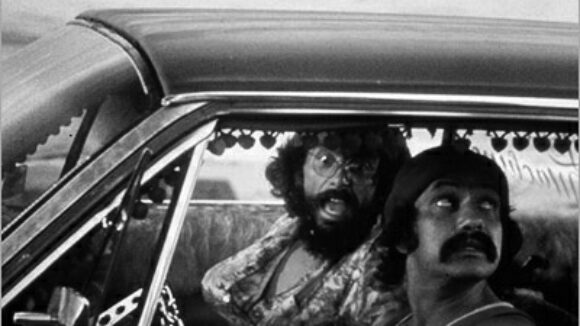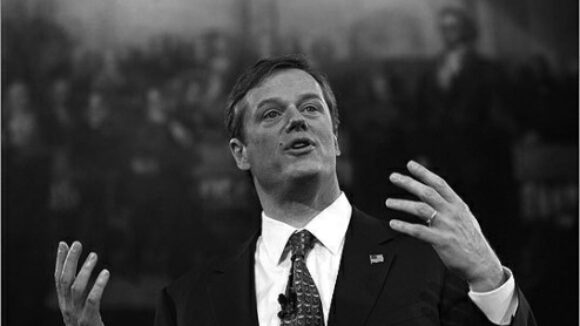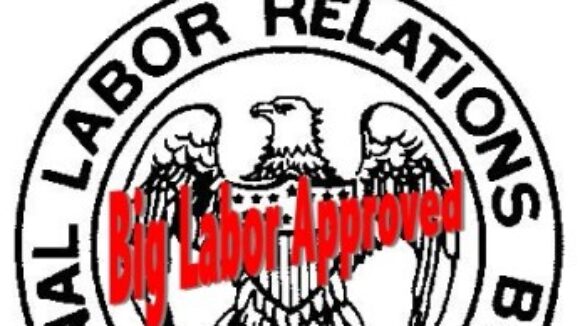Pot of Compulsory Dues For Big Labor?
California Union Bosses, Marijuana Dealers Embark on Joint Effort
(Source: June 2010 NRTWC Newsletter)
From 1999 through 2009, the U.S. population increased by nearly 28 million. And, as dietary scolds often remind us, the average American is eating more all the time.
Since 1996, purveyors of "medical" marijuana have generally been able to ply their trade in California without worrying about the cops. But now forced dues-hungry UFCW union bosses are hot on their trail! Credit: Monkey Muck blog
Nevertheless, the number of U.S. grocery workers under union monopoly-bargaining control fell sharply over the past decade -- from 666,000 to 531,000, or 20%, according to the respected, Washington, D.C.-based Bureau of National Affairs.
How could the empire of grocery (overwhelmingly, United Food and Commercial Workers, or UFCW)



